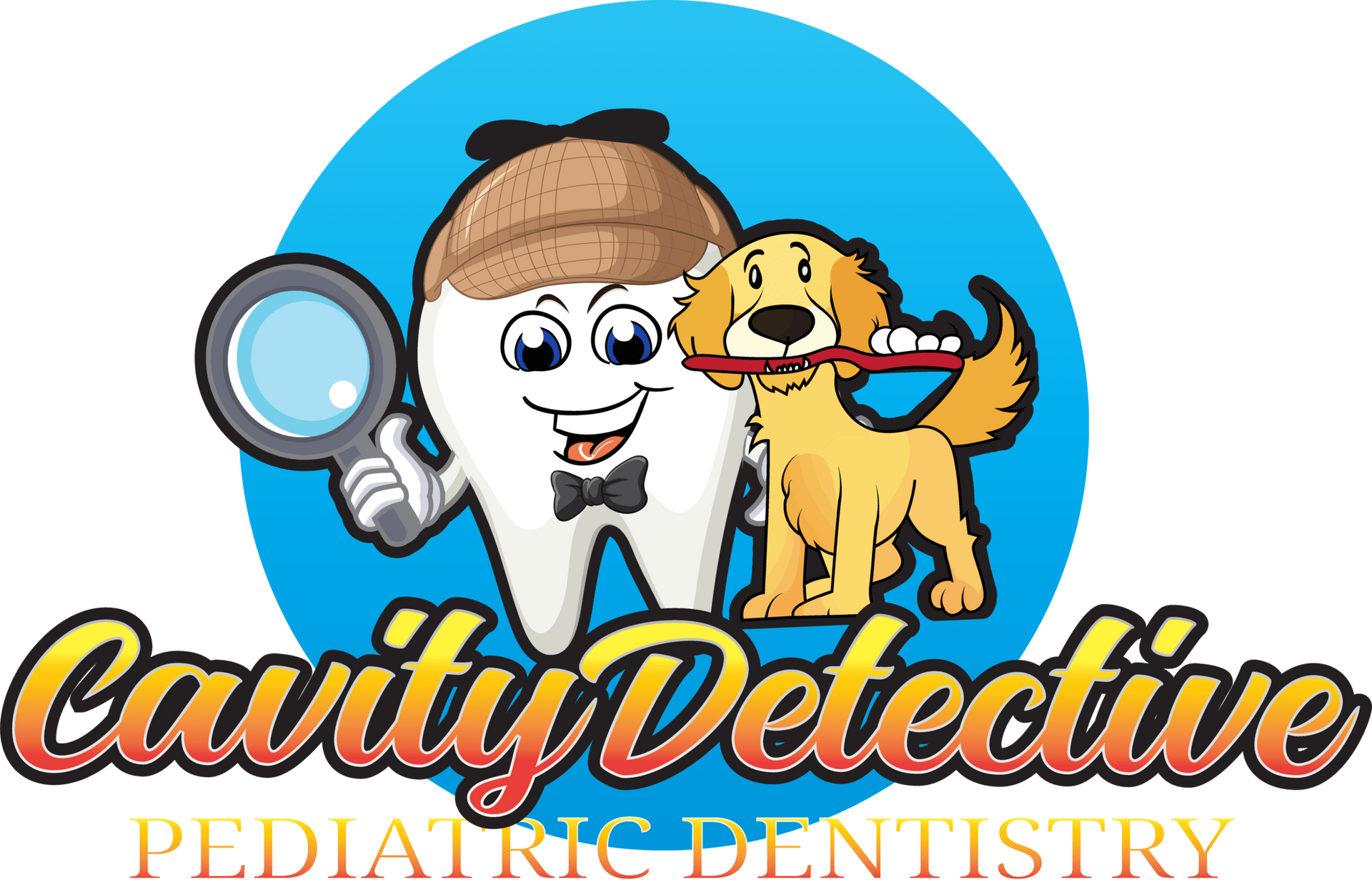Dental Cleanings | Dental Hygiene Service
Every child should clean their teeth at home by regularly flossing and brushing. However, there are spaces in our mouths that are difficult to clean on our own, which is why we all need to have our teeth professionally cleaned every few months by a dental hygienist. Our job as your local pediatric dental practice is to keep your child's oral health in check. We do this by providing every child with an oral exam and thorough cleaning of their mouth. A dental cleaning involves the removal of plaque, polishing, and instructing on proper oral care from home.
To break it down further, a dental cleaning helps remove excess plaque from hard-to-reach places in our mouths. Plaque is a mostly invisible sticky film of bacteria that forms on our teeth when we eat and drink. The bacteria in plaque acts as an acid that can decay tooth enamel and cause cavities.
If left untreated, plaque turns to tartar, and tartar can form a shield overtop of our gums that can cause inflammation, which can cause bleeding and the gumline to be pushed down, which in turn causes tooth sensitivity and even tooth and bone loss.
We understand that there are families who do not wish to come into the office, for one reason or another. Typically, some parents tend to skip dental visits due to anxiety, dental pain, income, or the lack of dental insurance. These are all valid reasons that our pediatric dentist can address with you on your next visit, as it is even more important that your child get the care they need. Please
call our office if you have certain care requirements.
Tooth Desensitization and Fluoride Treatment
If a taste of ice cream or a sip of hot soup is sometimes a painful experience for your child, then they most likely suffer from sensitive teeth. Dental sensitivity is very common and there are many reasons why teeth become sensitive. Most often, it is due to root exposure. We offer treatment to decrease that sensitivity with minimal to no discomfort by applying a fluoride gel or other desensitizing agent to your child's teeth. This process is simple and can have long-lasting affects on the strength of their enamel and the transmission of painful sensations to the nerves of their teeth. Usually, tooth sensitivity occurs because of bone loss, vigorous brushing, clenching/grinding of teeth, acid wear on teeth, smoking, periodontal surgery, cancer treatment, and dry mouth.
Fluoride is used to help prevent tooth decay and is usually recommended for children up to 18-years old but is determined by your child's oral health. Fluoride treatment helps if your family has a history of tooth decay or sensitivity around their teeth and gums, and also helps by strengthening the enamel on your child's teeth.
